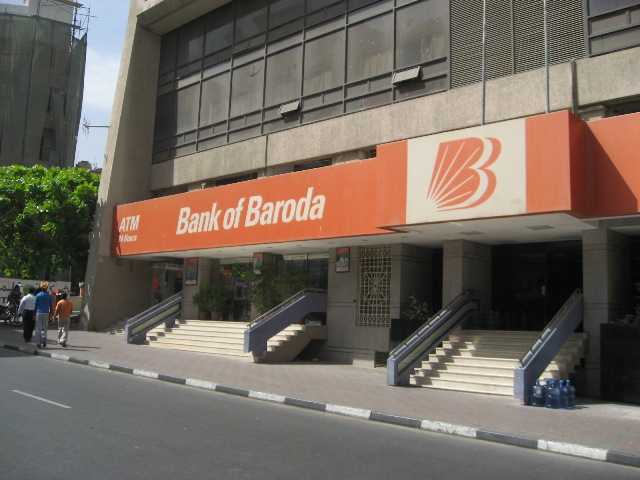The Bank of Baroda emerged the most profitable bank for the year 2013.
This was revealed in the 2014 Ghana Banking Survey conducted by audit and advisory firm, PriceWaterhouseCoopers (PWC).
Bank of Baroda came top for the 3rd year in a row after posting a profit after tax margin of about 88% last year. The survey among others was conducted for 26 out of the 27 banks in Ghana.
The top 3 most profitable banks maintained their positions from last year.
UBA with a profit after tax of 71% came second.
It was followed by Standard Chartered Bank which came 3rd after posting a profit margin of 65%. CAL bank however displaced Barclays Bank to take up the fourth place coming from 5th.
It posted a profit margin of 58.3%.
Barclays bank is however placed 8th with a margin of about 51%. GT Bank was the 5th most profitable with a margin of 58%.
BSIC was the worst performing bank in profitability with a loss margin of 16.4%.
It dropped from the 20th position.
Bank of Africa followed with a loss margin of 4.5%.
UT Bank was the 3rd worst performing in profitability with a profit margin of about 10.8%. In terms of market share Ecobank Ghana emerged the largest with a market share of 12.9%.
GCB came second with a market share of 9.4%.
They both maintained their position from 2012.
Ecobank was first and GCB second.
Stanbic Bank came 3rd from 5thplace, with a market share of about 8.2%.
Standard Chartered bank dropped from 3rd place to 4th, with a market share of 8.1%.
Barclays bank emerged the 5th largest bank with a market share of 6.4%.
Bank of Baroda however had the least market share of 0.4%.
It was followed by BSIC with a share of 0.6%.
Energy bank followed with a share of 0.7%.
The 2014 Ghana banking survey themed “the future of Banking in Ghana” identified competition as the number one factor that will impact business in the banking sector in Ghana in the next 5 years.
The banks also identified legislation and regulation, technology and domestic economic performance as the other drivers of change in the coming years.



